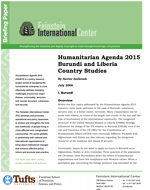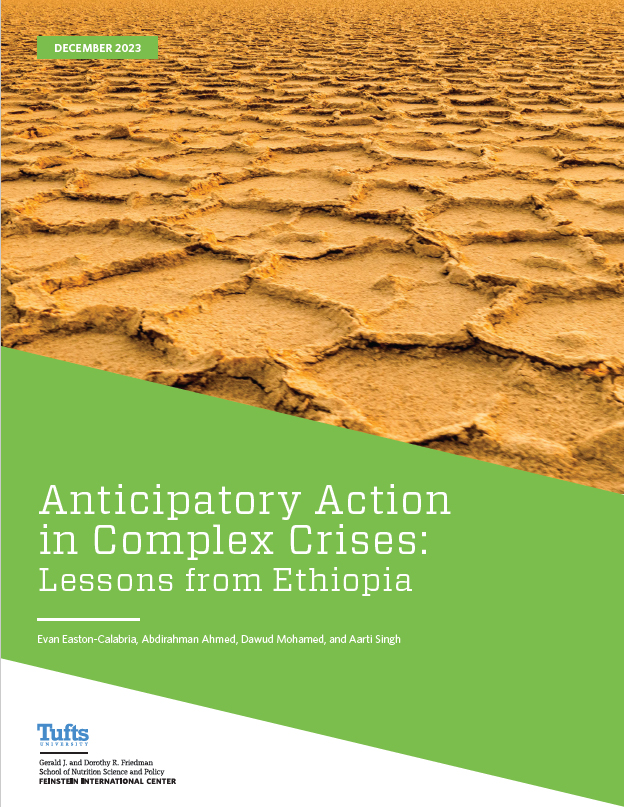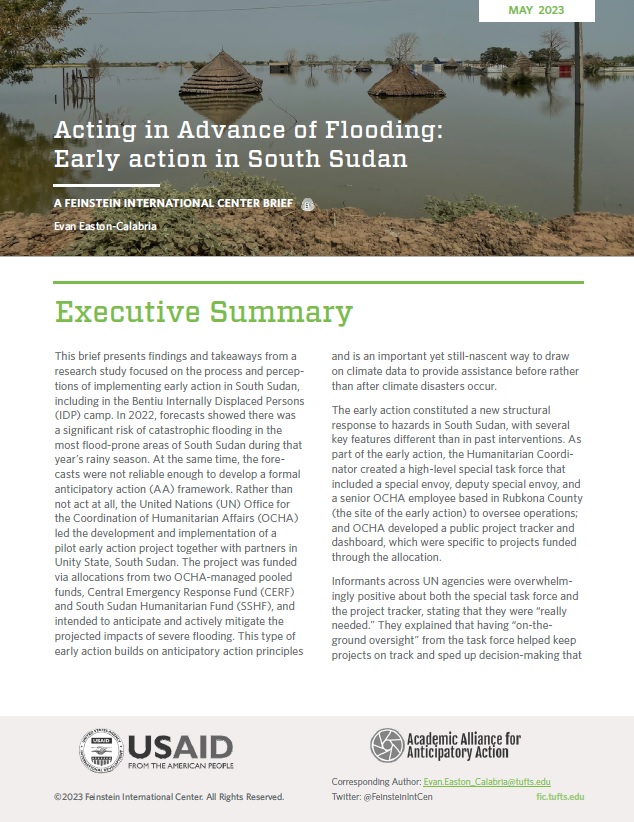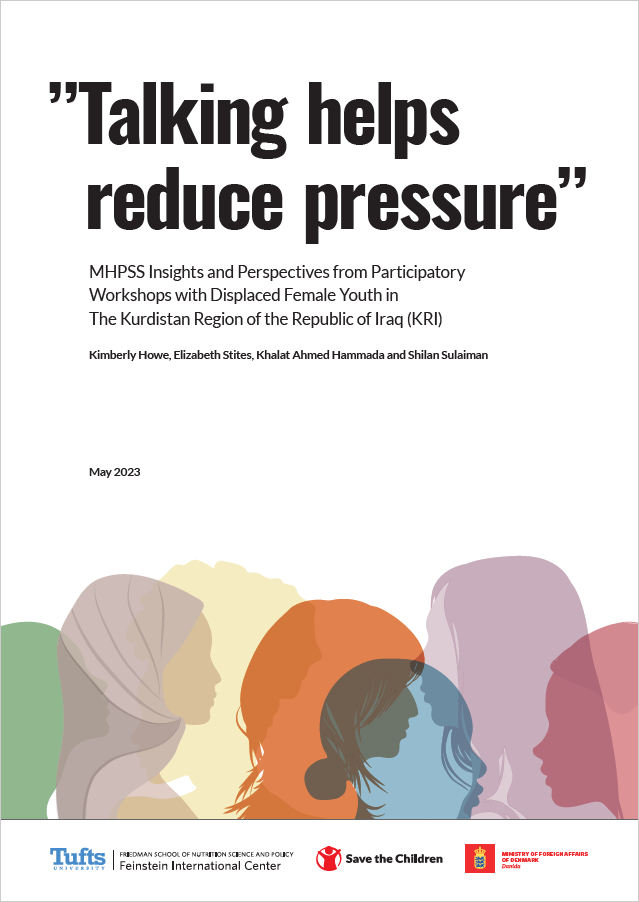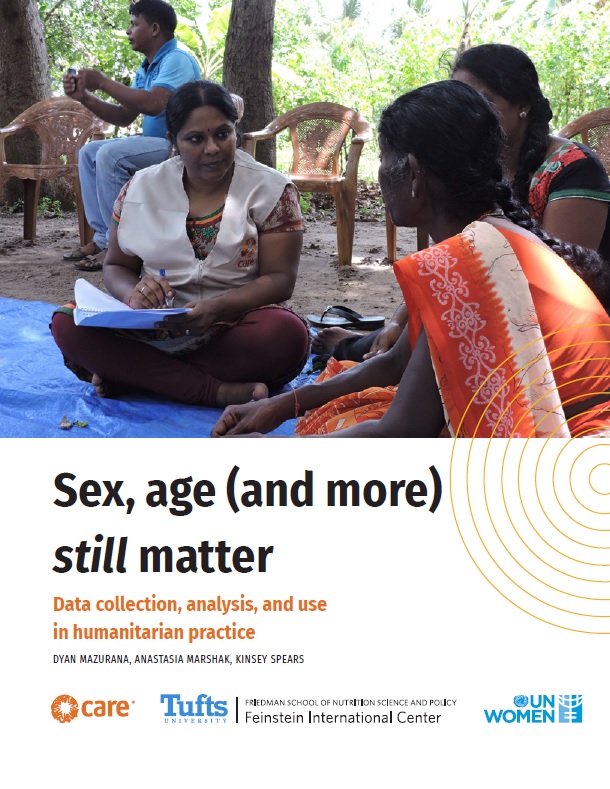Three of the four topics addressed by the Humanitarian Agenda 2015 research seem pertinent in the case of Burundi – coherence, security and, to a lesser extent, terrorism. Many comparisons can be made with Liberia, in terms of the length and cruelty of the war and the type of involvement of the international community. The integrated structure of the United Nations Mission in Liberia (UNMIL) strongly influenced the design of the UN mission in Burundi (ONUB), even if the role and functions of the UN Office for the Coordination of Humanitarian Affairs (OCHA) were eventually different. Parallels with Afghanistan and Sudan are also relevant regarding the integrated character of the missions and issues of security.
Universality issues do not seem to apply as much in Burundi as in Afghanistan, Sudan or even Colombia. Three quarters of the population are Christian; most Burundians share the ethics of humanitarian organizations and have few complaints with Western values. When a perception gap concerning the foreign presence was identified by the author, it had more to do with a clash of personalities between local and UN leaders or with a suspicion that INGOs might be diverting international funding away from the Burundian government or local NGOs. Although mentioned in the historical background, these issues are not considered in this case study as part of the discussions on universality.
Terrorism seems at first glance to be completely alien to the Burundian case study. But there are indications that the war conducted by the newly-elected President against the FNL (Front national de Libération) rebels is using some of the methods classically used in anti-terrorist warfare, including the systematic use of intelligence, torture and regional military cooperation, which have resulted in indiscriminate and repeated human rights violations.
Questions of coherence are mainly addressed in the context of the UN system and its very large presence in Burundi. On the positive side, the high level of internal UN coordination is highlighted. On the negative side, the temporary absorption of OCHA into ONUB has left a bitter taste among many in the INGO community.
Regarding security, the end of the civil war and the return to democracy have drawn attention to the imbalance between massive force deployment and the actual achievements of the transition. The highly protected environment in which humanitarian organizations exist contrasts sharply with the large improvement of security in most parts of the country.

